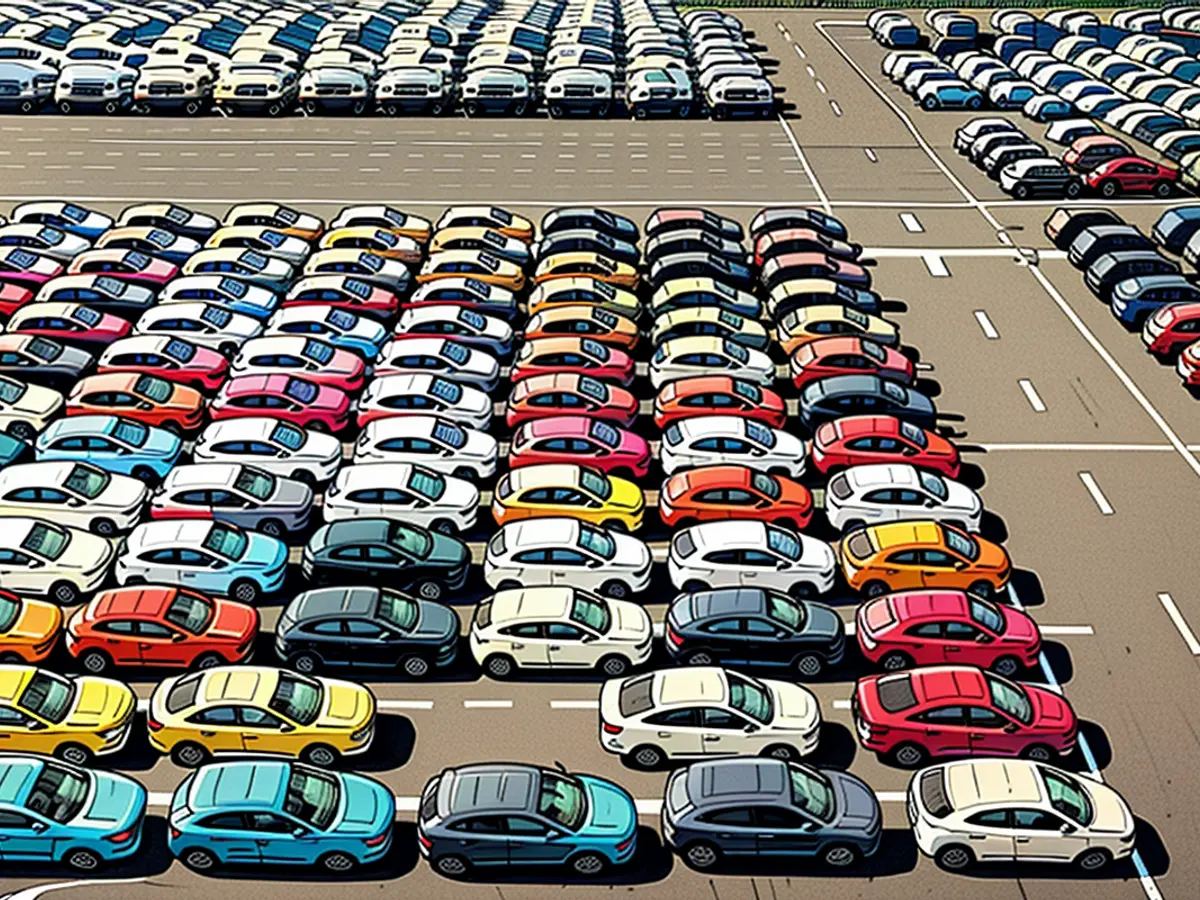Alteration of fair market contest, misrepresentation of opponent's position - For the time being, the EU is refraining from levying extra tariffs on Chinese-manufactured automobiles
The EU will not temporarily impose increased tariffs on certain Chinese electric vehicle (EV) manufacturers. At first, there were plans to apply high retaliatory tariffs of up to 37.6% in specific situations, as Chinese EVs reportedly benefit from subsidies that give them an unfair advantage and pose a threat to the EU industry.
However, the European Commission has now determined that the necessary legal grounds for the imposition of retroactive tariffs have not been met. According to a Commission spokesperson, no substantial harm to EU companies has been proven yet. While there is a potential for harm, as has become evident in recent months, no material damage has been established.
Tariff rates adjusted
Furthermore, the Commission has adjusted the proposed tariff rates. ByD will now face a provisional penalty tariff of 17.0%, down from 17.4%. Geely's tariff rate has been lowered to 19.3%, down from 19.9%. SAIC's tariff rate has been reduced to 36.3%, from the originally proposed 37.6%. Tesla has been assigned an individual tariff rate of 9%.
Companies that collaborate with the EU will be charged a tariff rate of 21.3%, up from 20.8%. The highest rate of 36.3% will still apply to non-collaborative companies.
The final tariff rate will depend on the specific subsidies each company receives. Geely produces models like the electric Smart #1 and #3, as well as the Volvo EX30. SAIC manufactures the popular MG4, which ranked second in electric vehicle registrations in Flensburg in May, just behind the VW ID.3.
A joint venture between BMW and Great Wall Motors in China has now been included in the circle of cooperating companies and will be subject to a lower tariff rate. BMW has described this as appropriate. Generally, the company, along with the German Automobile Industry Association (VDA), has criticized the imposition of tariffs on Chinese EVs, as it could further aggravate global trade tensions. The trade measure is also not considered beneficial for enhancing the competitiveness of the European automotive industry.
Decision pending
The ultimate decision on whether tariffs will be levied will be announced by the end of October. The Commission's decision must be approved by the 27 EU member states. If more than half of the members oppose it, the Commission cannot enforce the compensatory tariff. Efforts are also being made to find a diplomatic solution with Beijing.
Automakers and other affected parties now have the opportunity to request hearings with the Commission and submit statements within a 10-day period. The Commission will review these submissions and then present its proposal for a final decision to the member states.
In light of the adjusted tariff rates, additional duty will be imposed on some Chinese EV manufacturers, such as Geely and SAIC, although at reduced rates compared to the initially proposed levels. However, further negotiations and a diplomatic solution with Beijing are still being pursued, as the ultimate decision on levying tariffs is pending approval from the EU member states.








